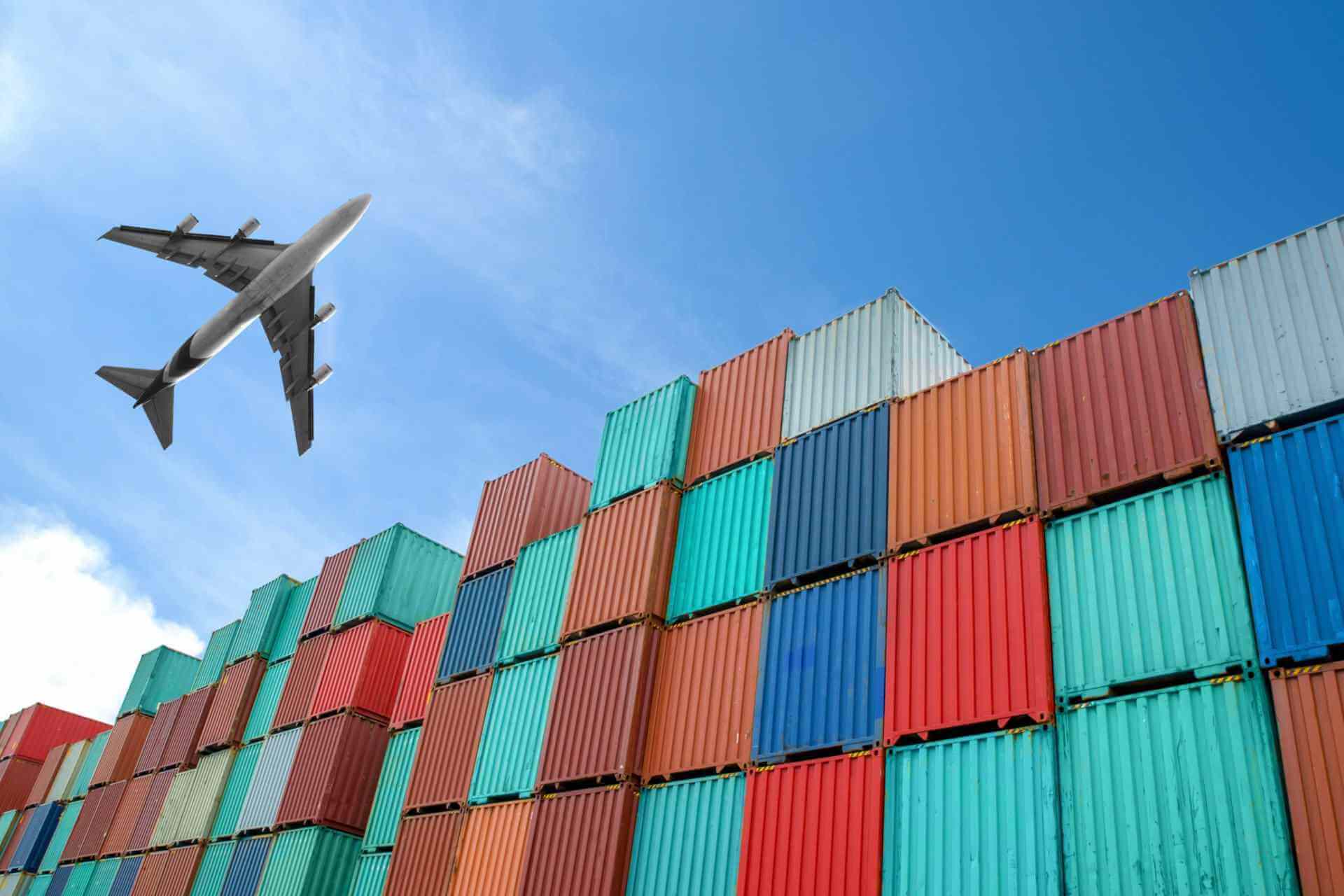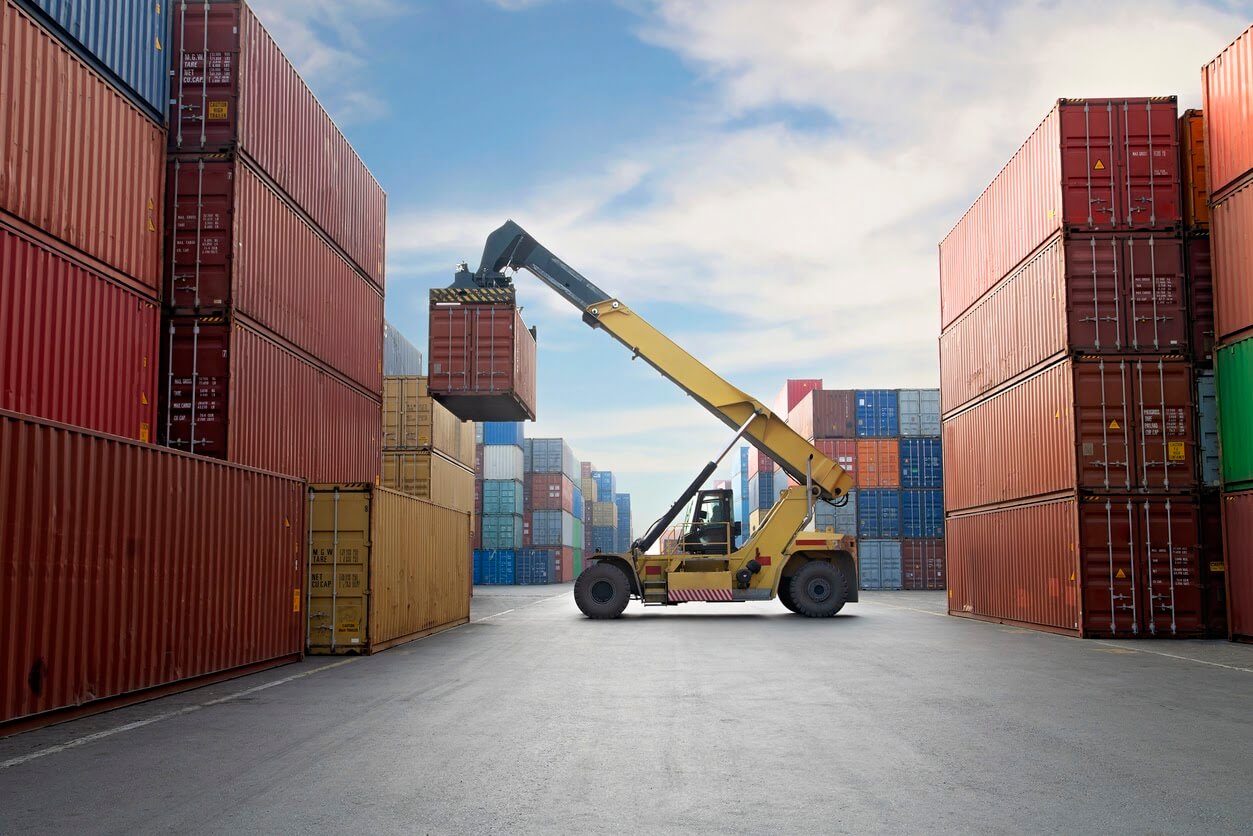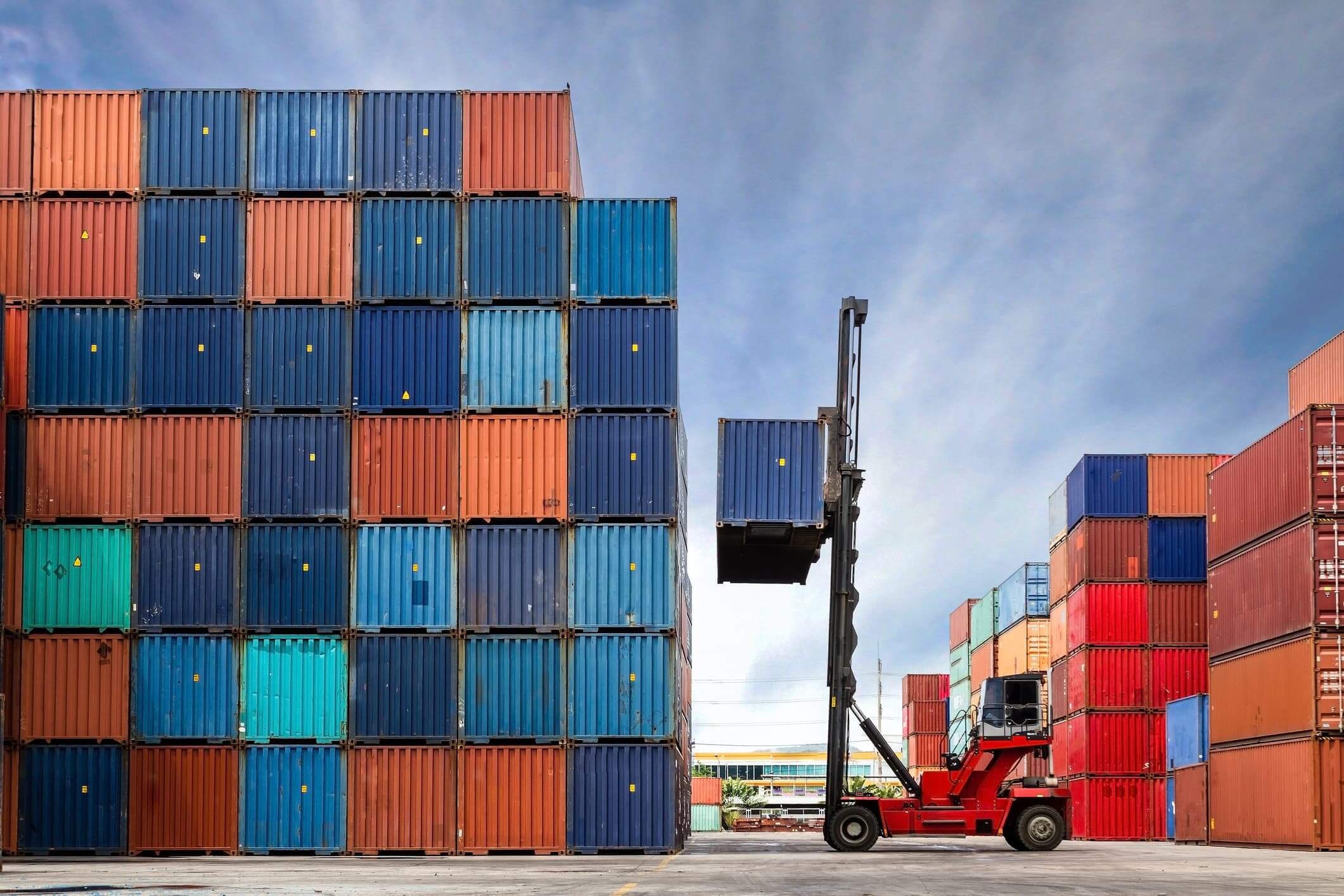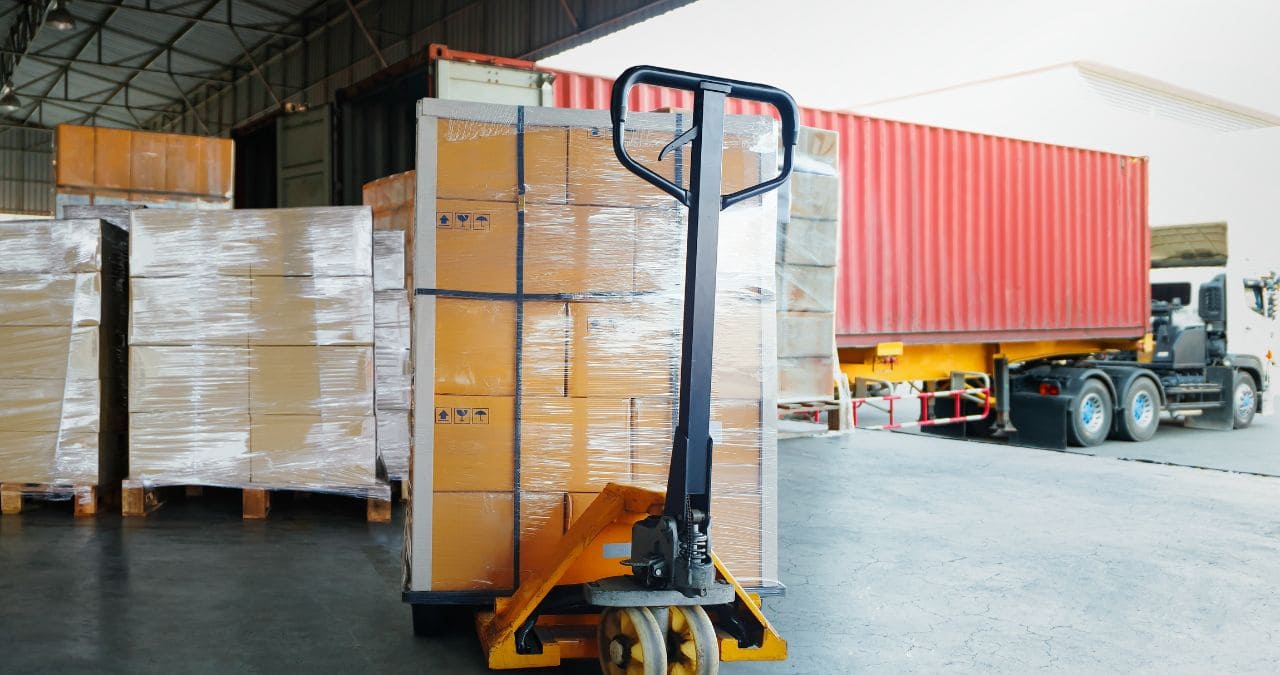
In the world of international trade, understanding and correctly using Incoterms is crucial for successful transactions. Incoterms, or International Commercial Terms, are standardized rules that define the responsibilities of sellers and buyers regarding the delivery of goods. They help avoid misunderstandings and provide clarity in the logistics and transportation process.
What are Incoterms
Incoterms are a set of rules published by the International Chamber of Commerce (ICC) that are internationally recognized and used in international and domestic contracts for the sale of goods. First introduced in 1936, Incoterms have been periodically updated to reflect the changing landscape of global trade. The latest version, Incoterms 2020, includes 11 terms that cover a wide range of shipping arrangements.
List of Incoterms
- EXW (Ex Works): The seller makes the goods available at their premises. The buyer bears all costs and risks of transport.
- FCA (Free Carrier): The seller delivers the goods to a carrier or another person nominated by the buyer at the seller’s premises or another named place.
- CPT (Carriage Paid To): The seller pays for the carriage of the goods to the named place of destination. Risk transfers to the buyer upon handing goods over to the first carrier.
- CIP (Carriage and Insurance Paid To): The seller pays for carriage and insurance to the named place of destination. Risk transfers to the buyer when the goods are handed over to the first carrier.
- DAP (Delivered at Place): The seller delivers when the goods are placed at the disposal of the buyer on the arriving means of transport, ready for unloading at the named place of destination.
- DPU (Delivered at Place Unloaded): The seller delivers the goods, once unloaded, at the named place of destination. This term replaces the former DAT (Delivered at Terminal).
- DDP (Delivered Duty Paid): The seller bears all costs and risks of transport to the named place of destination, including import duties and taxes.
- FAS (Free Alongside Ship): The seller delivers when the goods are placed alongside the ship at the named port of shipment. The buyer bears all costs and risks from that point.
- FOB (Free on Board): The seller delivers when the goods pass the ship’s rail at the named port of shipment. The buyer bears all costs and risks from that point.
- CFR (Cost and Freight): The seller pays the costs and freight to bring the goods to the port of destination. Risk transfers to the buyer once the goods are on board the ship.
- CIF (Cost, Insurance and Freight): The seller pays the costs, freight, and insurance to bring the goods to the port of destination. Risk transfers to the buyer once the goods are on board the ship.
How to Choose the Right Incoterm
Choosing the right Incoterm depends on various factors such as the nature of the goods, the relationship between the buyer and seller, and the specific logistics involved. Here are some tips for making the right choice:
- Assess the Risks: Consider who should bear the risks at each stage of the shipping process.
- Evaluate Costs: Determine who is responsible for which costs, including transportation, insurance, and customs duties.
- Understand Responsibilities: Clarify the responsibilities of both parties regarding documentation, delivery, and handling.
- Consult with Experts: Work with logistics professionals or legal advisors to choose the most suitable Incoterm for your transaction.
Importance of Understanding Incoterms in Shipping
Proper understanding of Incoterms can significantly reduce risks and enhance the efficiency of logistics operations. It ensures clear communication between parties and prevents disputes related to delivery and costs. RAM International Shipping helps clients navigate the complexities of Incoterms, ensuring smooth and hassle-free shipping processes.
Incoterms are essential for anyone involved in international trade. They provide a clear framework for the responsibilities and risks associated with the transportation of goods. By choosing the right Incoterm, businesses can optimize their logistics operations and minimize potential issues. For expert guidance on Incoterms and efficient shipping solutions, contact RAM International Shipping today for a consultation and custom quote.



